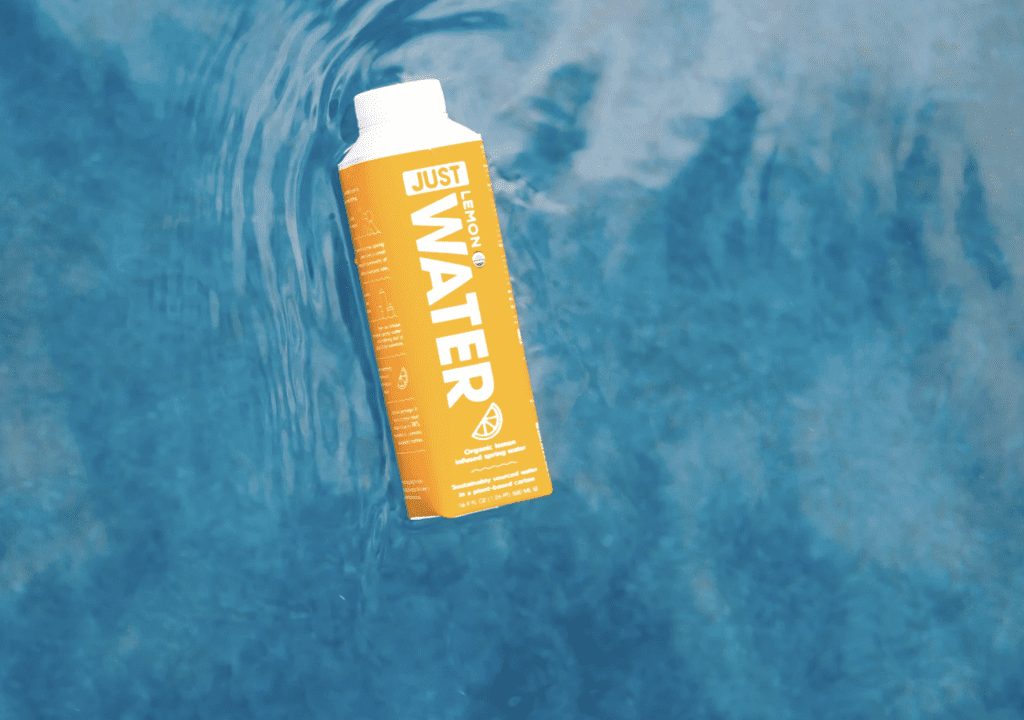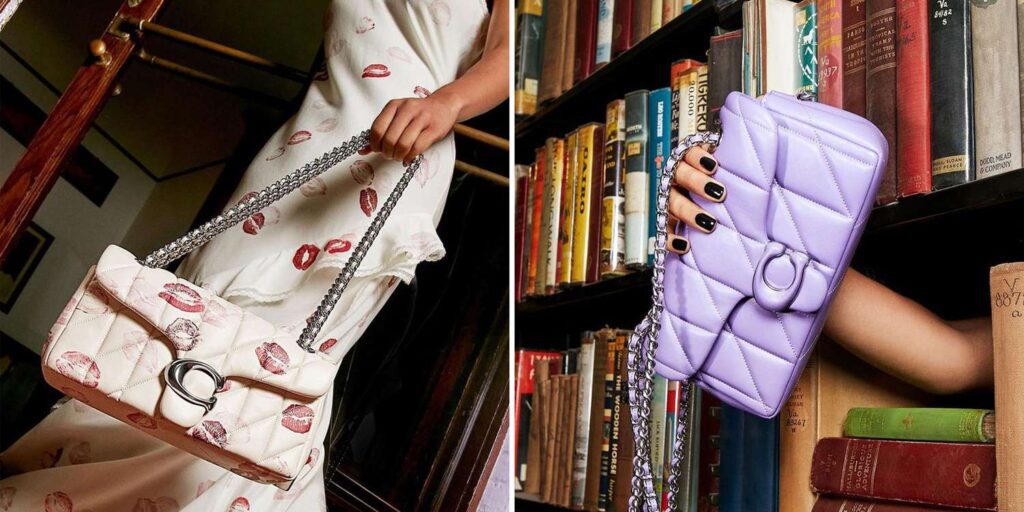A decision over a sustainability-centric trademark in Argentina provides one of the latest looks at how trademark offices and courts are approaching green branding. In a newly-issued order, the Federal Court of Appeals in Civil and Commercial Matters in Argentina overturned determinations from the National Institute of Industrial Property (“NIIP”) and the district court, both of which rejected water company ECO DE LOS ANDES’s trademark applications for a stylized mark consisting of the words “ECO DE LOS ANDES LOGICA USEMOS UNA NUEVA LOGICA” (“ECO OF THE ANDES LOGIC, LET’S USE A NEW LOGIC”) for use on paper products and mineral water.
According to the NIIP and the lower court, the issue with ECO DE LOS ANDES’s trademark is two-fold: (1) It runs afoul of Trademark Law No. 22362 Article 3(d), which bars the registration of marks that “mislead as to the nature, properties, merit, quality, manufacturing techniques, function, origin, price or other characteristics of the goods or services; and (2) It is at odds with the Ecological, Biological or Organic Production Law (Article 11 of Decree 206/2001), which mandates that marks that make use of the terms “biological, ecological or organic” cannot be registered for use on “eco or bio products of agricultural origin, such as food, fiber, wood, furniture, or paper.”
In taking on ECO DE LOS ANDES’s case, the Federal Court of Appeals focused on the term “ecológico” (ecological), confirming that it refers to “what is made or obtained without using chemical compounds that harm the environment.” The court held that since natural mineral spring water is an environmentally friendly product, connecting it to ecology is not an attempt to mislead the consumer with a characteristic it does not have. With that in mind, it found that a rejection of the ECO DE LOS ANDES mark under Article 3(d) of the Trademark Law is improper.
Turning to the Ecological, Biological or Organic Production Law, the court stated that it defines “ecological, biological or organic” as “any agricultural production system … and sustainable harvesting, capture, and hunting systems that … avoid using chemical synthesis products and other products that may effectively or potentially affect human health.” (Specifically, the court found that mineral spring water “has its own minerals provided by nature; does not need any treatment for its consumption; andemerges from the earth without the need to be artificially extracted,” and thus, falls outside of the bounds of the statute.)
At the same time, the court noted that the Ecological, Biological or Organic Production Law mandates that the terms “ecological,” “biological,” and “organic” cannot be used as trademarks or part of trademark combinations for “products of agricultural origin, such as foodstuffs, fibers, woods, furniture, or paper.” Since mineral spring water is not an agricultural product, the statute similarly does not serve as a valid bar against registration of ECO DE LOS ANDES’s mark, the court held. Against that background, the appeals court reversed the lower court’s decision in its entirety, paving the way for the registration of the ECO DE LOS ANDES LOGICA USEMOS UNA NUEVA LOGICA mark.
THE BIGGER PICTURE: The applicability of the case at hand is limited given the fact specific nature of the case and its focus on spring water. It is, nonetheless, interesting in light of the fact that brands have been actively incorporating sustainability-centric terms, such as “eco”, into their branding – from Splendid filing trademark applications for registration for SLPENDID ECO and ECO BY SPLENDID for clothing, for example, and Vans nabbing a notice of allowance for (but seemingly never using) the ECO WAFFLE trademark for footwear to a company (that is not Ralph Lauren) amassing a registration for ECO POLO for use on … polo shirts.
However, maybe even more noteworthy are the registrations that have been issued for marks like ECOYELLOW (for LVMH-owned Veuve Clicquot for use on product packaging), ECOFABRIC, ECO-FLANNEL, and ECO-DENIM, the latter of which was subject to a subsequent cancellation, which suggest that the U.S. Patent and Trademark Office does not take the same stance as the NIIP when it comes to marks that make use of terms like “biological,” “eco,” or “organic.”
As we previously reported, the U.S. Patent and Trademark Office (“USPTO”) is already authorized to regulate “green” trademarks under Section 2(a) of the Lanham Act, which addresses false and deceptive marks, and existing federal precedent – which established that a trademark is considered deceptive when “(1) the term is misdescriptive of the character, quality, function, composition or use of the goods; (2) prospective purchasers are likely to believe that the misdescription actually describes the goods; and (3) the misdescription is likely to affect the decision to purchase” – extends to “green” trademarks. Nonetheless, no shortage of brands have successfully vied for registrations for their “green” trademarks with relatively little resistance from the USPTO.
Meanwhile, the European Union Intellectual Property Office (“EUIPO”) has focused its attention on “green” trademarks, which it defines as “a collective term for specific trademarks, service marks, and certification marks that communicate environmentally friendly products, services, or practices.” In terms of “eco” marks, for instance, the trademark office’s guidelines state that marks that contain “eco,” either alone or in combination with other descriptive terms, may be refused. However, that has not stopped marks like – Eco Pur, Eco Blu, Eco Net, Eco Jet, Eco Air, Eco LPG, etc. – from being registered.
Although, before the courts, trademarks including the term “eco” have a checkered record, according to Dennemeyer’s Tomislav Hadzija, who points to the EU General Court’s refusal of EUTM applications for “EcoPerfect” (case T-328/11) and “ecoDoor” (case T-625/11) on the basis that the marks are descriptive. In a separate case (case T-777/21), the court recently found that an application for a mark incorporating the words “ECO STORAGE” was similarly descriptive for goods, including household and kitchen containers and accessories. More broadly, Hadzija notes that other applications for marks that contain environmental terms have been met with similar fates in the EU, including “Greenworld” (case T-106/14) and “Sustainablel” (case T-644/17), with the court holding in the latter case that the relevant public would understand the mark to mean “sustainable” despite the deliberate misspelling and that when used in connection with the services covered (in Classes 9, 35 and 42), the mark is descriptive.
The rise in consumer attention to climate issues and corresponding demand for “green” products means the number of trademarks for “eco”-centric goods and services is likely to continue to rise. “But herein lies a paradox,” per Hadzija, because “as consumers become more environmentally aware and familiar with terms used to indicate sustainability, recycling and healthy living, they will also become more sophisticated in how they perceive these terms. This could make it harder for applicants to prove that their marks are distinctive and not descriptive or laudatory.”











